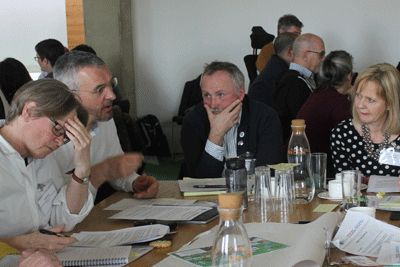Expert advice and resources to support organisations and local systems to improve outcomes and cost-effectiveness for adults, children and families through transformation and how innovative, small-scale models of health, social care and support could be scaled up to improve support to adults and children.




